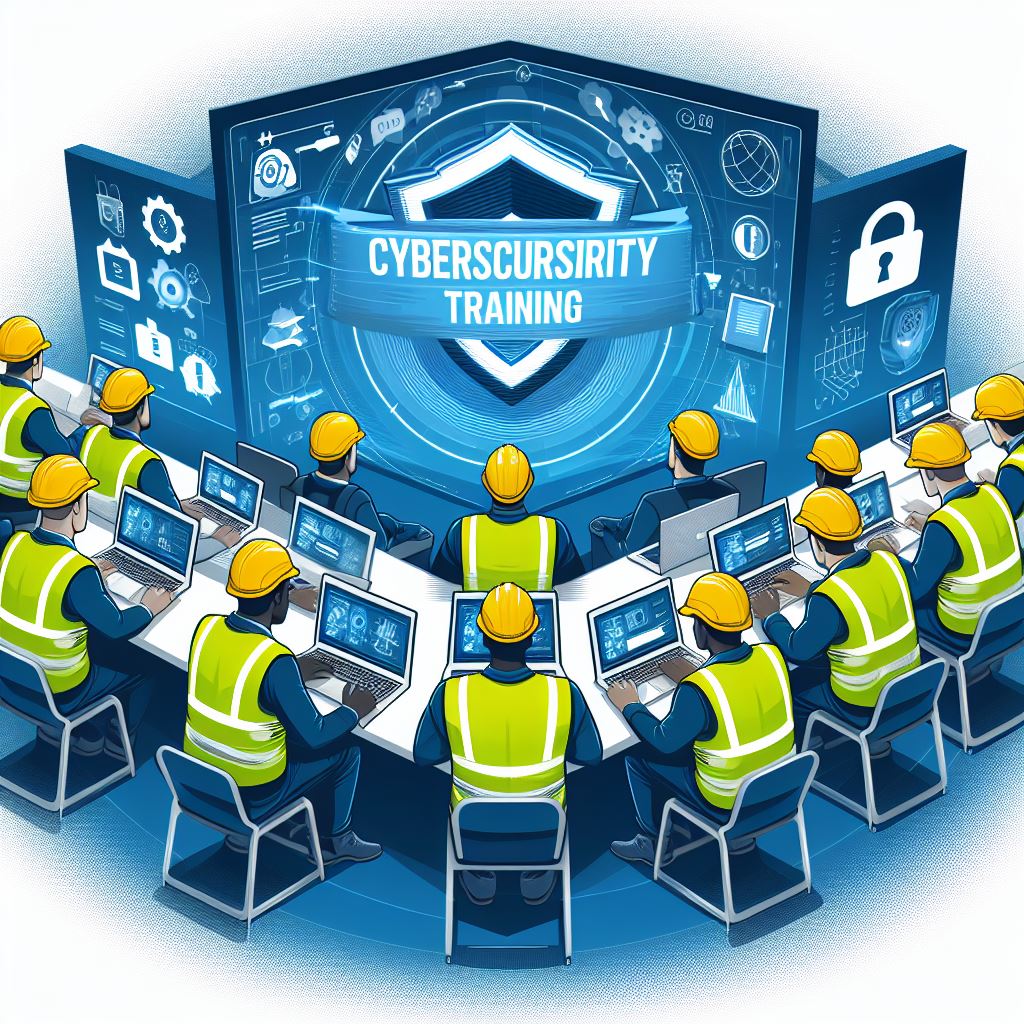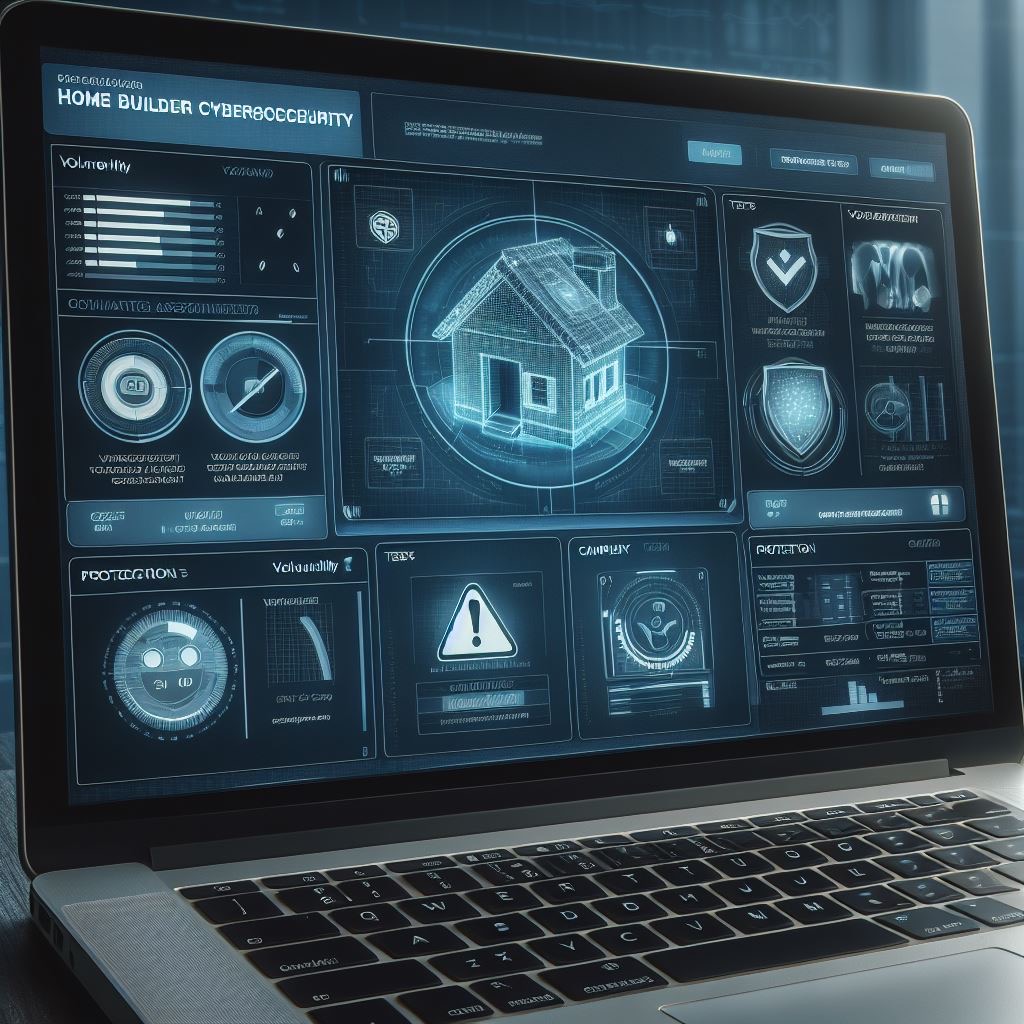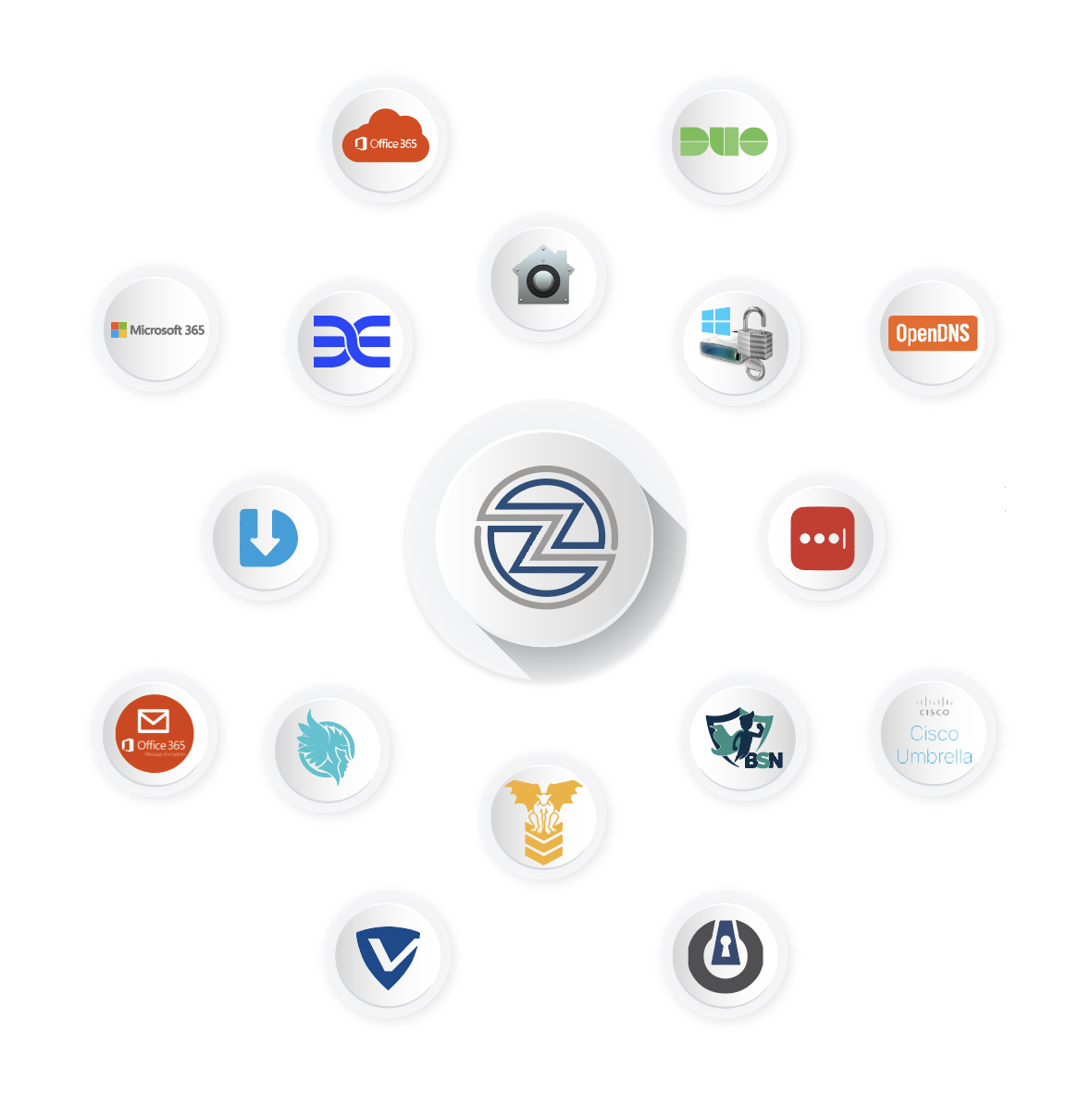
Defying All Odds - Day 10: Privacy Concerns in the Construction Industry: Addressing Cybersecurity Threats
“You have to be prepared to fight and finish your own battles.” - Jim Harbaugh
Introduction:
In our our featured article, we explored the thrilling story of a construction company that defied all odds to overcome cyber threats and emerge victorious. Today, we discuss privacy concerns and addressing cybersecurity concerns of the construction industry. Join us on Day 10 as we continue our journey to help you become victorious.
Privacy concerns are prevalent in today's digital landscape, and the construction industry is not exempt from these challenges. In this article, we will address the privacy concerns specific to the construction industry and explore how construction companies can address cybersecurity threats to protect the privacy of their clients and stakeholders. By understanding and proactively addressing privacy concerns, construction companies can build trust, maintain compliance with privacy regulations, and safeguard sensitive information.

The construction industry handles a vast amount of sensitive information, including client details, project plans, and financial data. This makes construction companies prime targets for cybercriminals seeking to exploit vulnerabilities and gain unauthorized access to this valuable information. The consequences of a data breach in the construction industry can be severe, resulting in reputational damage, legal liabilities, and financial loss.
One of the primary privacy concerns in the construction industry is the protection of client information. Construction companies often collect and store personal information, including names, addresses, and contact details, as part of their project management processes. It is crucial for construction companies to implement robust cybersecurity measures to safeguard this sensitive information and protect the privacy of their clients.
To address cybersecurity threats and protect client privacy, construction companies should implement a comprehensive cybersecurity framework. This includes conducting regular risk assessments to identify vulnerabilities, implementing strong access controls and encryption protocols, and monitoring network traffic for any suspicious activities. By adopting these measures, construction companies can ensure that client information remains confidential and secure.

Another privacy concern in the construction industry is the protection of intellectual property. Construction companies invest significant resources in developing innovative designs, project plans, and proprietary processes. Cybercriminals may target these valuable assets, seeking to steal or manipulate them for personal gain. Construction companies must implement strict access controls, including multi-factor authentication and password management policies, to prevent unauthorized access to intellectual property.
Furthermore, compliance with privacy regulations, such as the General Data Protection Regulation (GDPR) and the California Consumer Privacy Act (CCPA), is essential for construction companies. These regulations impose strict requirements on the collection, storage, and processing of personal information. Construction companies must ensure that they have appropriate consent mechanisms in place, as well as procedures for data subject access requests and breach notifications.
In conclusion, privacy concerns in the construction industry are a significant challenge that construction companies must address. By implementing robust cybersecurity measures, protecting client information, safeguarding intellectual property, and maintaining compliance with privacy regulations, construction companies can build trust with their clients, mitigate the risk of data breaches, and ensure the privacy of sensitive information. By prioritizing privacy and cybersecurity, construction companies can thrive in an increasingly digital and interconnected world.
Best Practices for Securing Data in the Construction Industry:
1. Data Classification and Access Control:

Classify data based on its sensitivity and implement access controls accordingly. Limit access to confidential and sensitive data to authorized personnel only. Utilize strong authentication methods, such as multi-factor authentication, to ensure only authorized individuals can access critical data.
2. Encryption:

Implement encryption techniques to protect data both in transit and at rest. Use encryption protocols, such as Secure Sockets Layer/Transport Layer Security (SSL/TLS), to secure data during transmission. Encrypt sensitive data stored in databases, servers, and other storage devices to prevent unauthorized access in case of a breach.
3. Regular Data Backups:

Implement regular data backup procedures to ensure the availability and recoverability of critical data. Store backups in secure off-site locations or utilize cloud-based backup solutions with strong encryption and access controls.
4. Employee Training and Awareness:

Educate employees about data security best practices and the importance of safeguarding sensitive information. Train employees on how to identify and respond to phishing attempts, social engineering attacks, and other common cyber threats. Foster a culture of cybersecurity awareness throughout the organization.
5. Incident Response and Recovery:

Develop an incident response plan to address potential data breaches or cybersecurity incidents. Establish procedures for detecting, containing, and mitigating the impact of a security breach. Regularly test the incident response plan to ensure its effectiveness and update it as needed.
6. Regular Security Audits and Assessments:

Conduct regular security audits and assessments to identify vulnerabilities and areas for improvement. Engage third-party cybersecurity professionals to perform penetration testing and vulnerability assessments to identify potential weaknesses in your systems and networks.
Looking for ways to improve your company's Cybersecurity? Download 15 Ways to Prevent a Cyber Attack FREE TRAINING and you can even schedule a FREE 15-Minute Cyber Consult.

Prioritizing Cybersecurity in the Construction Industry:
To protect themselves from the financial impact of cybersecurity breaches, construction companies must prioritize cybersecurity and implement robust measures. Here are some essential steps to consider:
1. Conduct a Cybersecurity Risk Assessment:

Identify and assess potential vulnerabilities and risks within your organization. This assessment will help you understand the potential financial impact of a breach and prioritize mitigation efforts.
2. Develop a Comprehensive Cybersecurity Strategy:

Create a cybersecurity strategy that aligns with your organization's goals and risk tolerance. This strategy should include measures such as employee training, regular software updates, strong password policies, and network security protocols.
3. Invest in Cyber Insurance:

Consider obtaining cyber insurance coverage to mitigate the financial risks associated with cybersecurity breaches. Cyber insurance can help cover the costs of legal liabilities, data recovery, and business interruption.
4. Collaborate with Cybersecurity Experts:

Engage with cybersecurity professionals who specialize in the construction industry. They can provide guidance on best practices, help implement security measures, and conduct regular audits to identify and address vulnerabilities.
Want to know if your construction company is at major risk of getting hacked? Click here for a FREE 15-Minute Cyber Consult.

5 Reasons Your Construction Company Needs a Cybersecurity Risk Assessment. 👊
It is important for construction companies to conduct a cybersecurity risk assessment for several reasons:
1. Protection of sensitive data:
Construction companies handle a vast amount of sensitive data, including financial information, project details, client information, and employee records. Conducting a cybersecurity risk assessment helps identify potential vulnerabilities and ensures appropriate safeguards are in place to protect this data from unauthorized access, data breaches, or theft.
2. Mitigating financial losses:
Cyberattacks can result in significant financial losses for construction companies. These losses can stem from data breaches, ransomware attacks, or the disruption of critical systems. By conducting a cybersecurity risk assessment, companies can identify potential weaknesses in their IT infrastructure and take proactive measures to mitigate the financial risks associated with cyber threats.
3. Maintaining business continuity:
A successful cyber-attack can disrupt construction projects, delay timelines, and impact the overall business operations. By conducting a risk assessment, construction companies can identify potential vulnerabilities and implement robust cybersecurity measures to ensure business continuity. This includes having backup systems, disaster recovery plans, and incident response protocols in place.
4. Protecting reputation and client trust:
Construction companies rely on their reputation and client trust to secure new projects and contracts. A cybersecurity breach can undermine trust, damage the company's reputation, and lead to the loss of clients. By conducting a risk assessment and implementing appropriate cybersecurity measures, construction companies can demonstrate their commitment to protecting client data and maintaining a secure operating environment.
5. Compliance with regulations:
Construction companies may be subject to industry-specific regulations and legal requirements regarding data protection and cybersecurity. Conducting a risk assessment helps identify any gaps in compliance and ensures that the company meets the necessary regulatory obligations.
Overall, conducting a cybersecurity risk assessment allows construction companies to proactively identify and address potential vulnerabilities, protect sensitive data, mitigate financial losses, maintain business continuity, protect their reputation, and comply with relevant regulations.
Other resources to help you get started with Cybersecurity
Start your own Cybersecurity initiative:
Here is a quick checklist to get you started with your Cybersecurity initiative. Remember imperfect action beats inaction, get started and keep pushing for progress and awareness with your people.
Update your software
Secure your files
Require passwords
Encrypt devices
Use multi-factor authentication
Protect your wireless network
Make "SMART SECURITY" your business as usual
Require strong passwords
Train all staff
Have a plan
